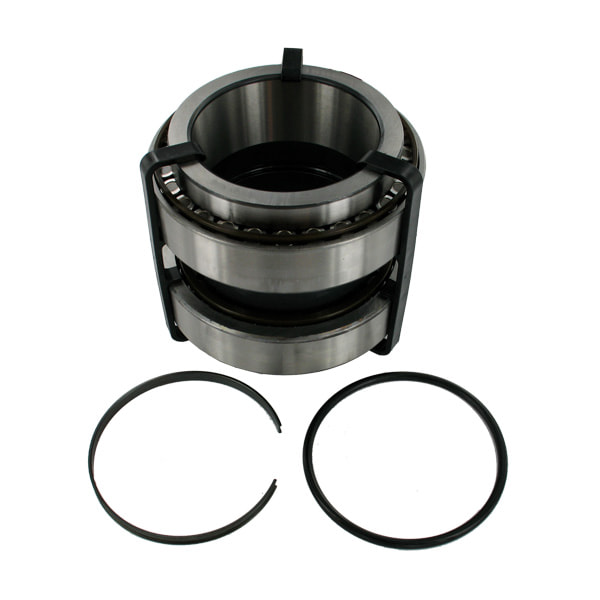The replacement frequency for hub bearings depends on various factors, including the type of vehicle, driving conditions, and maintenance practices. Generally, hub bearings are designed to last anywhere from 85,000 to 100,000 miles (approximately 137,000 to 160,000 kilometers). However, there are some considerations to keep in mind:

Driving Conditions: Harsh driving conditions, such as rough roads, frequent off-road driving, and exposure to water and dirt, can shorten the lifespan of hub bearings.
Vehicle Type and Usage: Heavy-duty vehicles or those used for towing may experience more wear on their hub bearings compared to standard passenger cars.
Maintenance Practices: Regular inspection and maintenance can help identify potential issues early and extend the life of hub bearings. Proper lubrication and ensuring the bearings are not exposed to excessive moisture can also help.
Signs of Wear: Hub bearings should be replaced if you notice symptoms such as:
Grinding or humming noise coming from the wheel area.
Vibrations in the steering wheel.
Uneven tire wear.
Suggested reading:Increased play or looseness in the wheel.
If you encounter any of these symptoms, it's important to have your vehicle inspected by a professional mechanic to determine if the hub bearings need replacement. Regular maintenance and being attentive to any changes in your vehicle's performance can help ensure your hub bearings are replaced when necessary.
4o
Previous
Comments
Please Join Us to post.
0